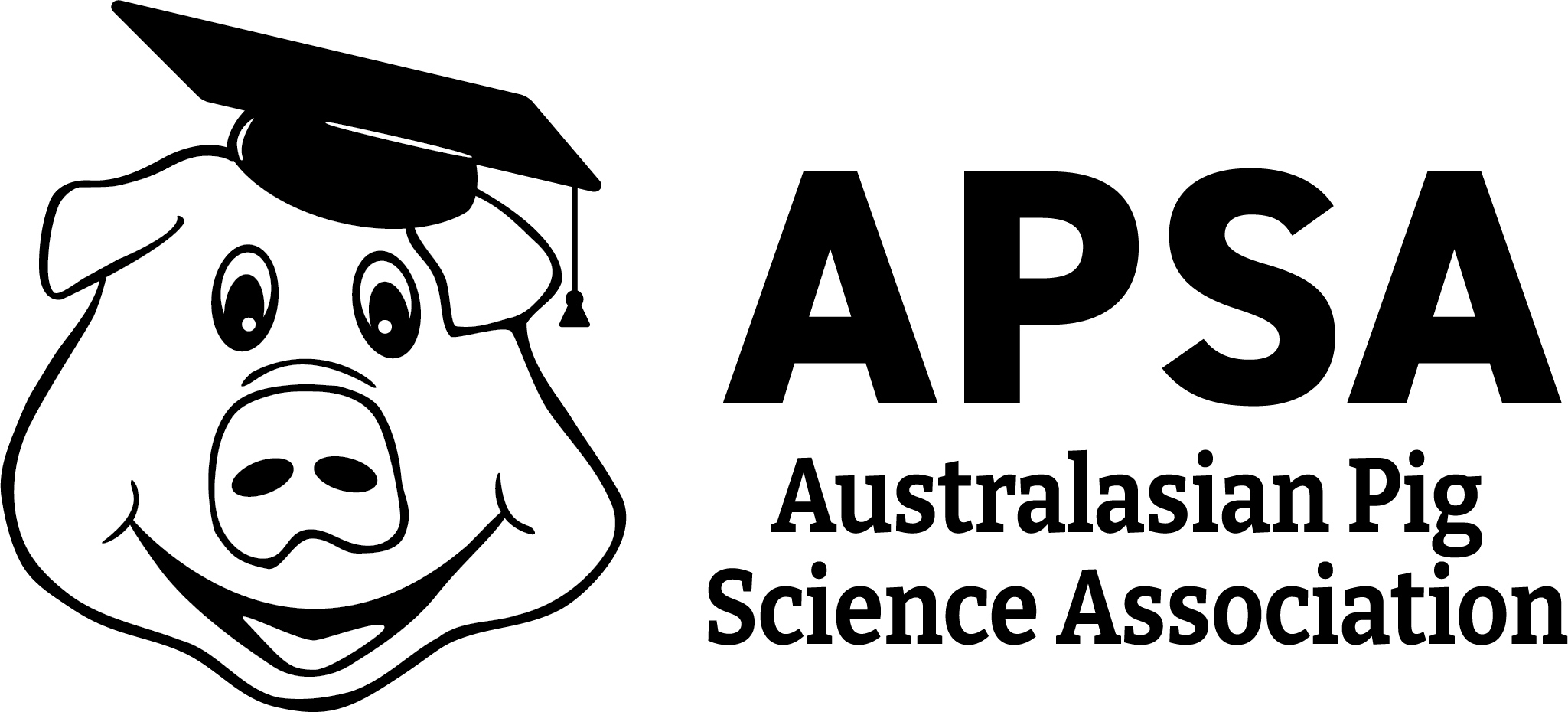Program
Indicative Program
| Monday 17th November 2025 |
Conference Program
9.30am-5.00pm |
AC Dunkin Memorial Lecture
6.00pm-7.00pm |
Welcome Reception
7.00pm-9.00pm |
After Reception Drinks
9.00pm |
| Tuesday 18th November 2025 |
Conference Program
9.00am-5.30pm |
Networking Function
7.00pm |
||
| Wednesday 19th November 2025 |
Conference Program
9.00am-5.30pm |
Gala Dinner
7.00pm |
||
| Thursday 20th November 2025 |
APL Student Workshop & APRIL Stakeholders’ Forum (by invitation)
TBC |
Please note that the program is subject to change.
The full conference program will be released in August 2025.
